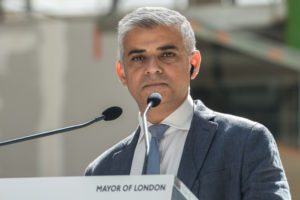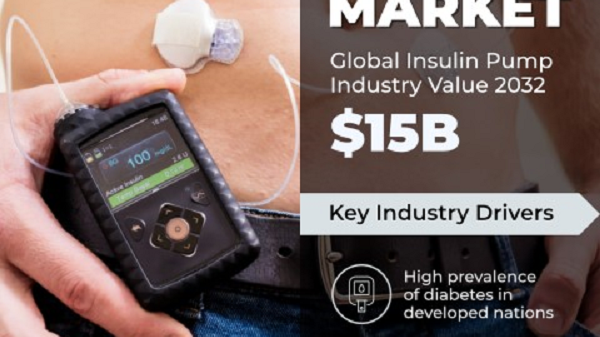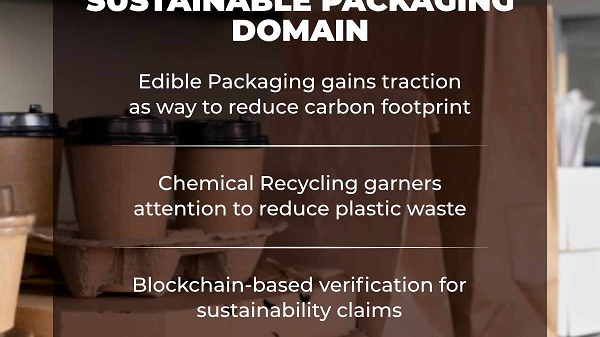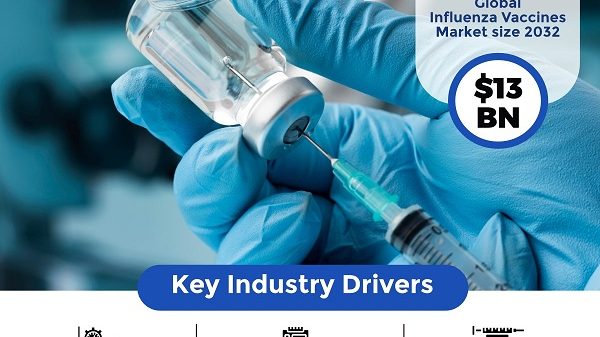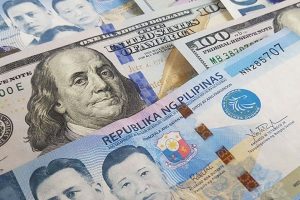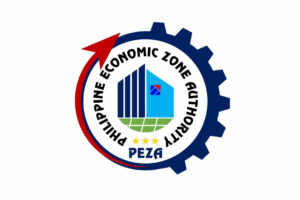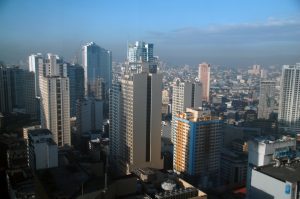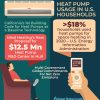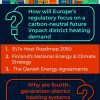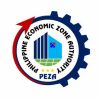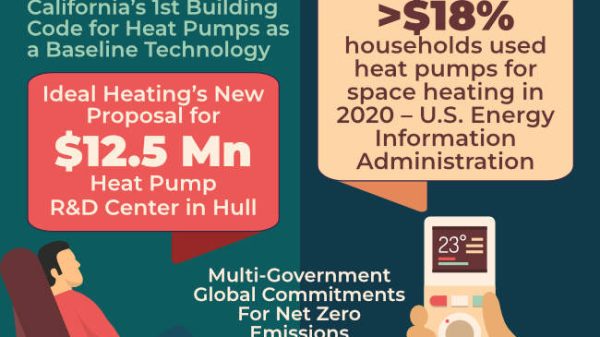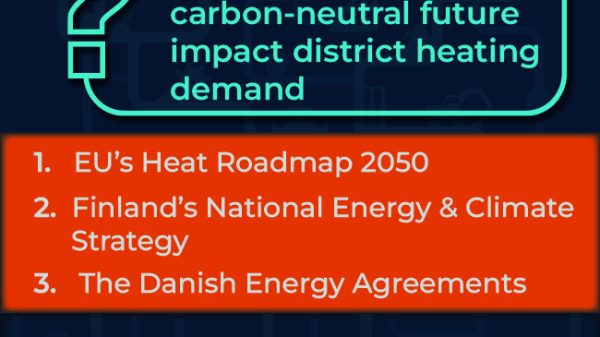LOWER MIDDLE-INCOME countries like the Philippines will need to invest the equivalent of 5% of their gross domestic product (GDP) to address the ongoing climate crisis, according to the World Bank.
Ayhan Kose, Deputy Chief Economist of the World Bank Group and Director of the Prospects Group, said that accelerated investment would help address key challenges in emerging markets and developing economies (EMDEs), including education, health, human development needs, digitalization, infrastructure, and economy.
“In low-income countries, just for climate, we need more than 8% of their GDP every year. For lower middle-income group, more than 5% of GDP,” Mr. Kose told a media briefing at the World Bank Office in Taguig City on Wednesday.
“So, on the one hand, we have these very large investment needs. On the other hand, what we have seen, especially over the past decade, is a sustained slowdown in investment growth.”
Inaction on climate change could reduce Philippine GDP by 13.6% by 2040, the bank said in 2022.
“Prior to the global financial crisis, investment growth in the emerging market developing economies averaged around 11%. Now, that number went down to 5%,” Mr. Kose said.
The Philippines, one of the fastest growing markets in Southeast Asia, seeks to attain upper middle-income status by next year. The bank’ own timeline is between 2025 and 2026.
More investment would help bolster growth, create more jobs, and increase per capita income and living standards, according to Mr. Kose.
He added that investment acceleration could offset challenges associated with climate, human development, poverty, and inequality.
To meet investment targets, he urged leaders in EMDEs to reform trade processes, undertake fiscal consolidation, and spend efficiently.
“It is critical for emerging markets and developing countries like Philippines to have comprehensive policy packages in place to accelerate investment growth,” according to Mr. Kose.
He also cited the need for better monetary policy and the deepening of the financial sector to improve the investment climate. Countries must also reduce the cost of trade through agreements that facilitate cross-border trade.
“When they were implemented together, collectively, they translate into a much higher likelihood of sparkling an investment acceleration,” Mr. Kose said.
Gonzalo Varela, lead economist and program leader of the Equitable Growth, Finance and Institutions Practice Group for Brunei, Malaysia, the Philippines, and Thailand, said more efficient spending and tax collection would help ensure fiscal consolidation.
Tax rates in the Philippines remain elevated compared to the region, singling out Vietnam, which has lower rates but higher tax collection.
The Bureau of Internal Revenue (BIR) failed to meet its P2.64-trillion full-year target as it collected only about P2.53 trillion last year.
“You can increase your tax collection without increasing the rates through better tax administration,” he said.
Tax policymakers must also review existing value-added tax (VAT) exemptions and boost digitization for collecting taxes, Mr. Varela said.
“There are many exemptions that apply to VATs, zero-rated sectors, etc., that introduce distortions in the system, so that allocates resources in a way that is not necessarily optimal but also that reduces the capacity to collect taxes,” he added.
The Marcos administration seeks to bring down its fiscal deficit to 3% by 2028, which stood at 6.2% as of end-2023. The BIR also seeks to collect around P3.05 trillion in revenues this year. — Beatriz Marie D. Cruz





